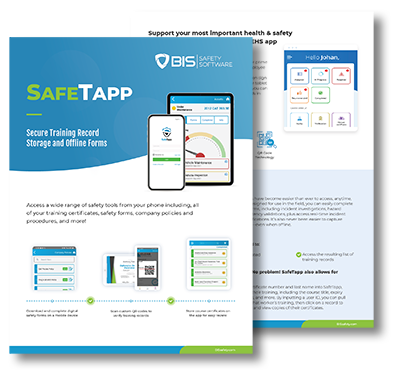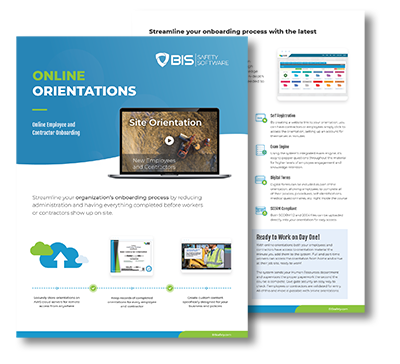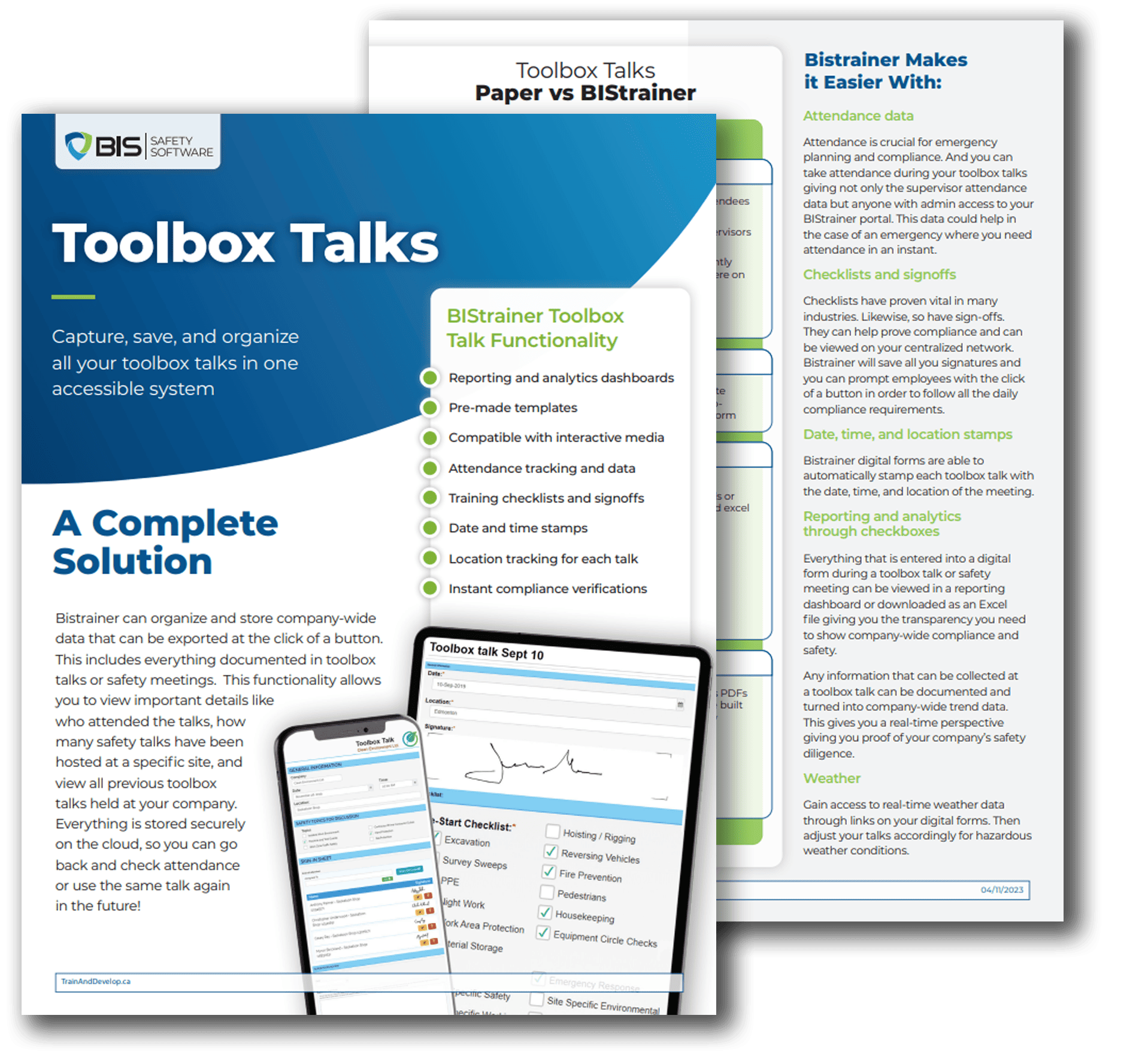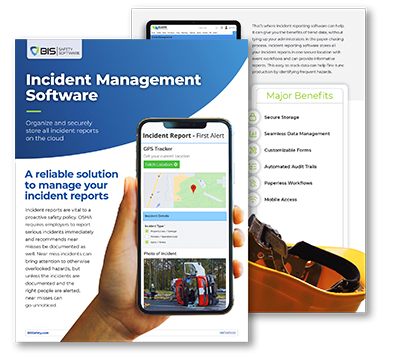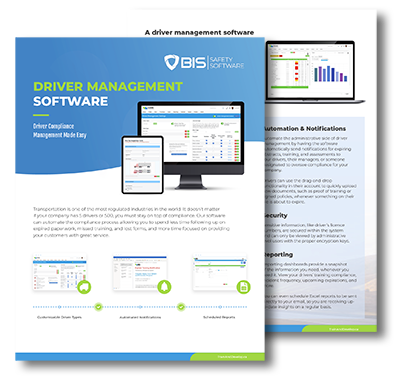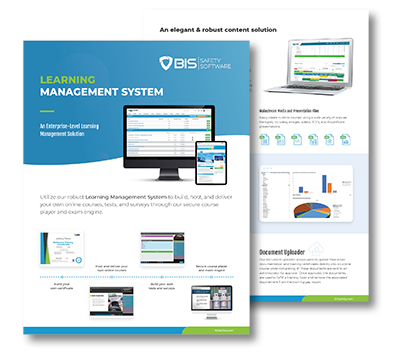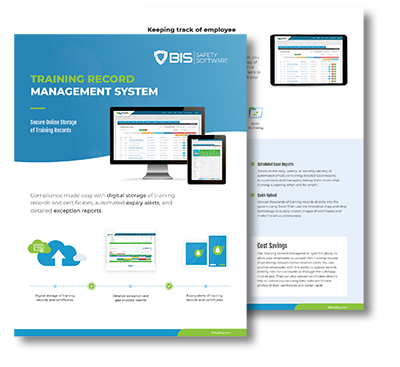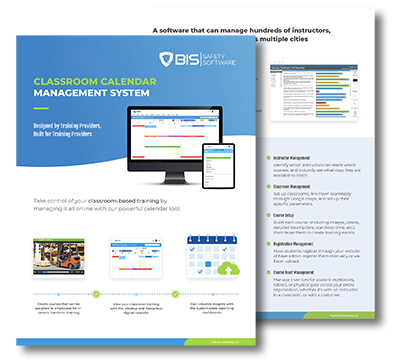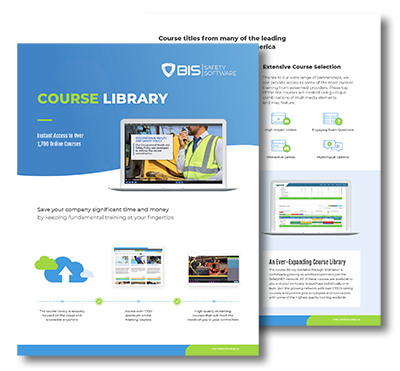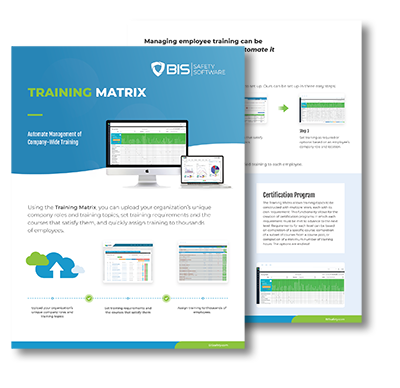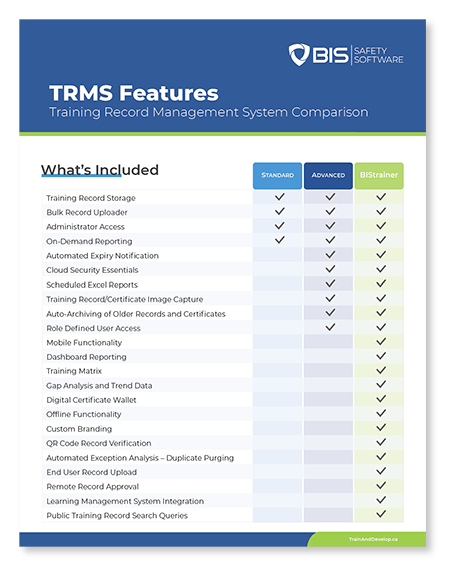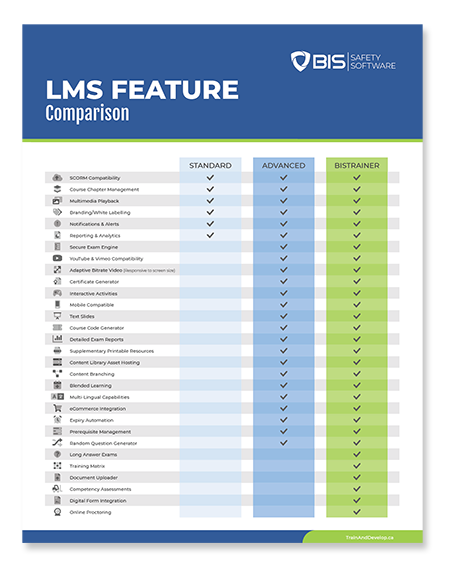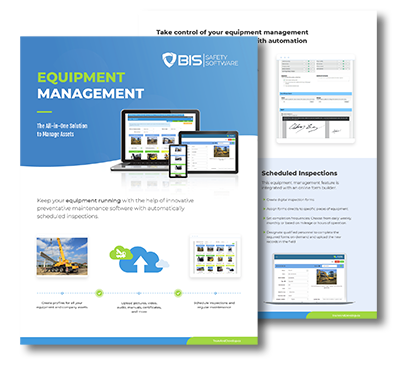Excavator Training -
Operator Safety (CAN)
Excavator Training - Operator Safety (CAN)
This Excavator Operator Safety online course while meeting the classroom training requirements of Canadian regulations. The course covers many aspects of excavators that are key knowledge for operators: anatomy, stability principles, inspections, maintenance, common hazards, operating safely, forks, attachments, etc.
Excavators are also known as track hoes or diggers, and they have applications in industries like construction, mining, and waste management. Based on the type of locomotion used, they can be classified into rubber-tired excavators or crawler excavators.
Excavators can cause severe accidents if not handled properly, and a safety compliance course is mandatory before using them legally in Canada. Like other types of heavy equipment, excavators are subject to the Occupational Health and Safety Act (OHSA).
Using an Excavator Safely
Excavators can cause many types of accidents, and operators must be aware of the hazards present to avoid them more effectively. The following are some examples:
- Being struck directly by an excavator.
- Being crushed between an excavator and another object or structure.
- Contact between an excavator and a high-voltage power source.
- Impact from an unsecured load in movement.
- Being struck or crushed by an excavator that tipping over.
Excavator operators must be familiarized with health and safety standards, which include provincial and territorial regulations. Operators should also understand the main components of an excavator and how they interact: wheels/tracks, undercarriage, turret, cab, engine, hydraulic system, counterweights and attachments.
- Any tasks that involve excavators should be planned carefully to minimize risks. Ideally, activities should be planned to avoid having to back up, since this is when accidents are more likely.
- Operators must be aware of their blind spots when sitting in a cab, and everyone at the worksite should use high-visibility clothing.
- An operator must be aware of the excavator’s lifting capacity, and how to keep it stable.
- The ground where the excavator will operate must be examined carefully since accidents can also be caused by ground disturbance.
Excavator operators should follow the guidelines provided by the CSA and CCOHS. In some jurisdictions, an operator is considered skilled after accumulating 100 hours of experience. Other than being trained properly for the job, operators must have a solid understanding of preventive maintenance.
Additional Recommendations for Excavator Operators
Operators must have a clear understanding of excavator controls, and the fundamental principles of lifting and stability. Operators should also learn the right technique for each task: excavating, loading, maneuvering, steering, trenching, etc. An excavator operator must follow safety procedures for all tasks, including startup and shutdown. The work site should be inspected carefully, to identify and eliminate any hazards before starting. Adequate machine positioning is also important, to minimize the hazards created by the excavator itself. In addition, operators should wear seatbelts at all times.

Course Topics
This online course is divided into the following topics:
- Introduction
- Anatomy
- Stability
- Operation
- Hazards
- Conclusion
Universally Compatible

Duration
Average Completion Time
Completion times vary depending on the number of times the information is viewed prior to finishing the course. The average completion time is 60 minutes.

Testing
Knowledge Assessment
Testing is conducted in this online course to reinforce the information presented. You are provided three opportunities to achieve a passing mark of 80% or greater.

Certificate
Certificate of Completion
Upon successful completion of this course, a certificate will be available to download and print. You can access your certificate through your online account.



















